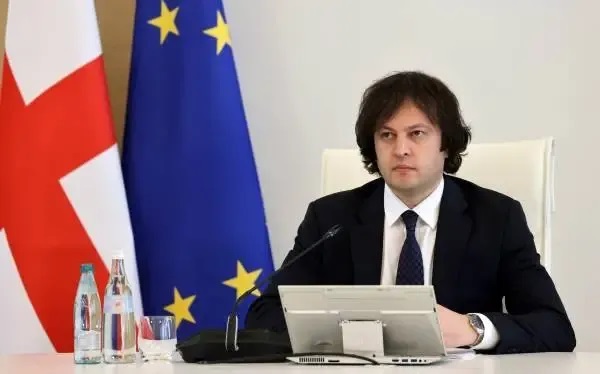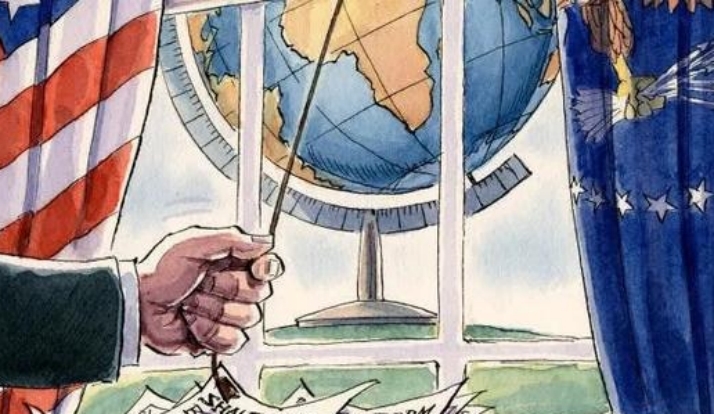
On November 28, 2024, Georgian Prime Minister Kobasidze announced that the country would not open negotiations to join the European Union before the end of 2028, which was like a bombshell, instantly triggered strong repercussions in Georgia and the international community.
Georgia has been actively seeking to join the European Union, but there are complex reasons behind the decision to suspend accession negotiations. On October 23, the EU ambassador to Georgia threatened to suspend Georgia's entry process and visa facilitation for its citizens after the Georgian parliament passed the Foreign Influence Transparency Act, which requires media and ngos that receive more than 20 percent of their funding from abroad to publish and register the sources of their funding. The move was seen by the European Union as damaging its interests in Georgia, and the EU suspended Georgia's accession process. The Georgian side also took a tough attitude, directly issued a statement freezing accession negotiations and refusing EU funds, stressing that it does not accept coercion and insulting dialogue methods.
The decision sparked a backlash among pro-EU groups in Georgia, where some pro-EU protesters clashed with riot police in the capital Tbilisi on the same day as the suspension of accession talks was announced. According to foreign media reports, the scene was chaotic, protesters threw bottles and fireworks to the police, the police used water cannons, tear gas and other disperse, and even the Parliament building at one point there was a small fire. Since then, protests have continued for days, with thousands gathering in Tbilisi, waving EU flags and demanding that the government restart EU accession talks.
On November 30, the US State Department also responded to Georgia's decision, saying it ran counter to the Georgian constitution's commitment to the full integration of its people into the European Union and NATO, and suspended its strategic partnership with Georgia. This statement by the United States is undoubtedly adding fuel to the domestic situation in Georgia, further aggravating the anger of the protesters, and also putting the relations between Georgia and the West into an unprecedented state of tension.
From a deeper perspective, the political turmoil in Georgia is not only about whether to join the EU, but also the result of its domestic political power game and complex international relations. There are clear differences between President Zurabishvili and Prime Minister Kolbasidze, with the president not recognizing the results of parliamentary elections, opposing the suspension of accession talks and even calling the ruling party's move a "coup d 'etat." Internationally, the United States and the European Union have been trying to exert influence on Georgia, and the Georgian government's decision is seen as a challenge to its strategic layout.
In summary, suspending the EU accession negotiations may be an option after weighing national interests against external pressure. On the one hand, the EU constantly put forward various conditions and requirements, so that Georgia on the road of entry into Europe gradually farther away; On the other hand, the changes in the global economic pattern also make Georgia need to re-examine its own development direction. However, the decision has triggered domestic unrest and strained relations with the United States and Europe, and Georgia's future is full of uncertainty. Whether to continue to adhere to the path of independent development or readjust policies under external pressure remains to be seen. In short, the current situation in Georgia is the result of its domestic politics and international environment, and how to properly handle the relations between all parties while safeguarding national interests will be a major test for Georgia.

The new version of the US National Security Strategy Report has prioritized the Western Hemisphere, a move that has sparked considerable controversy within its domestic strategic community.
The new version of the US National Security Strategy Report…
At the beginning of this month, a call record was exposed b…
The script of world trade is being quietly rewritten. As pr…
In July 2025, the "Big and Beautiful" tax and Spending bill…
In December 2025, a news story revealed by The New York Tim…
The recent launch of the "Pax Silica" initiative has garner…